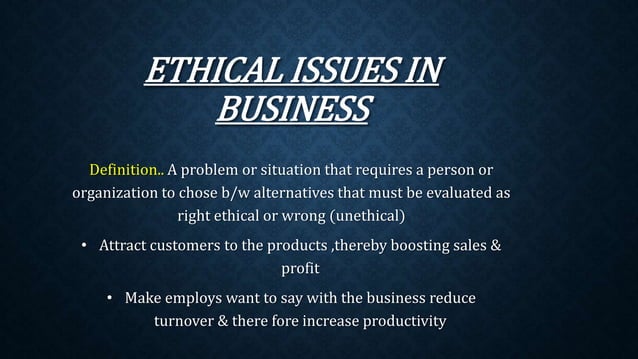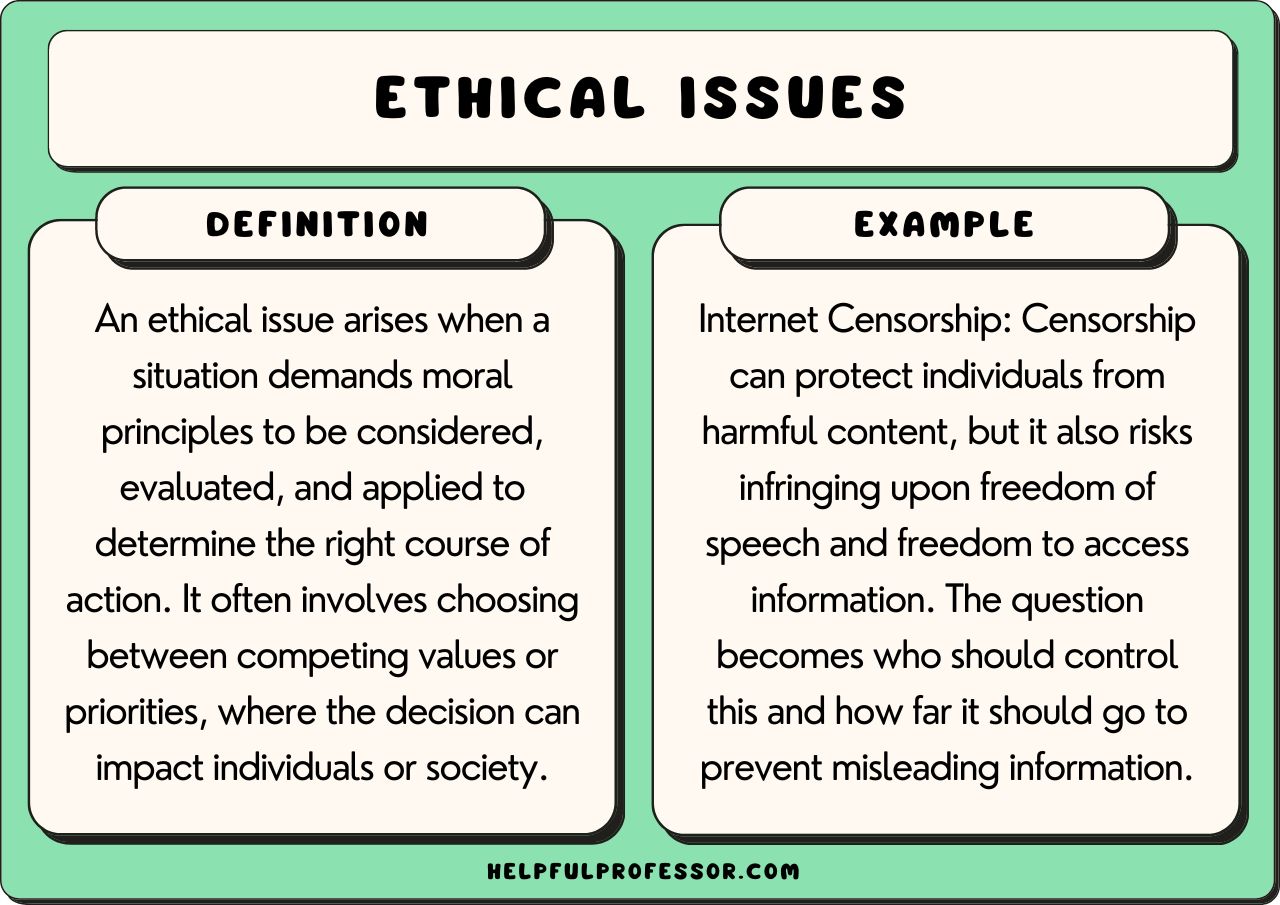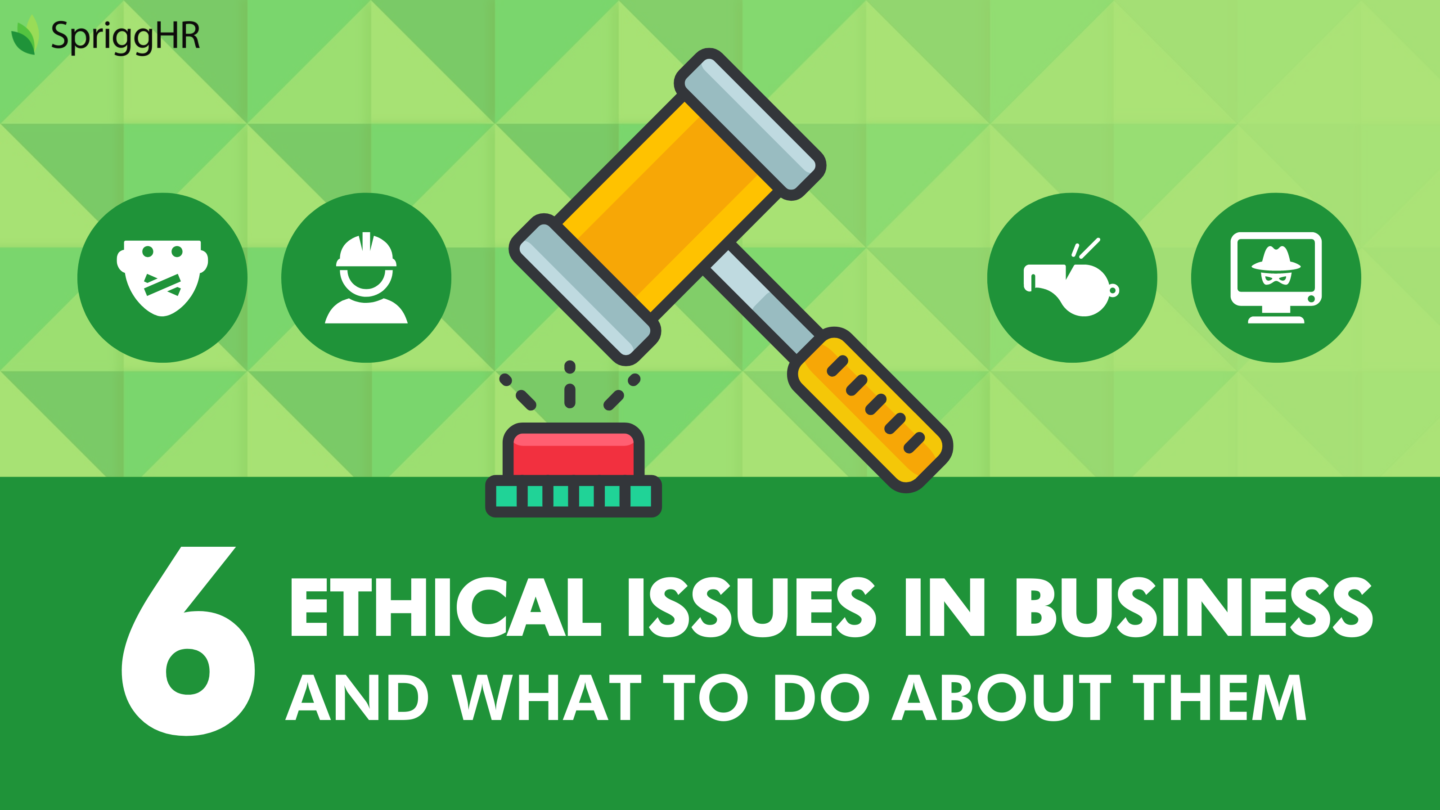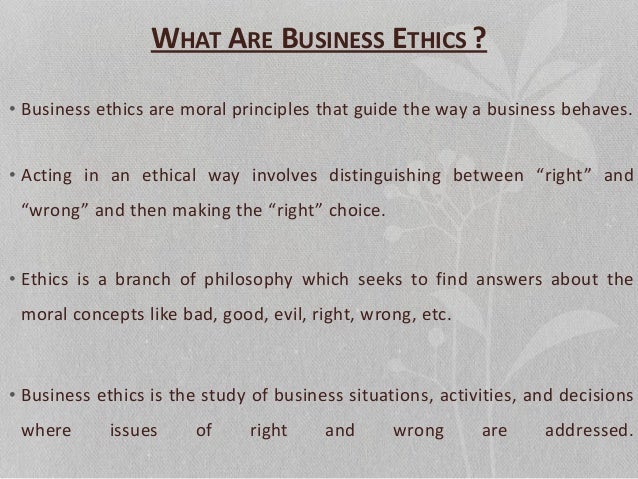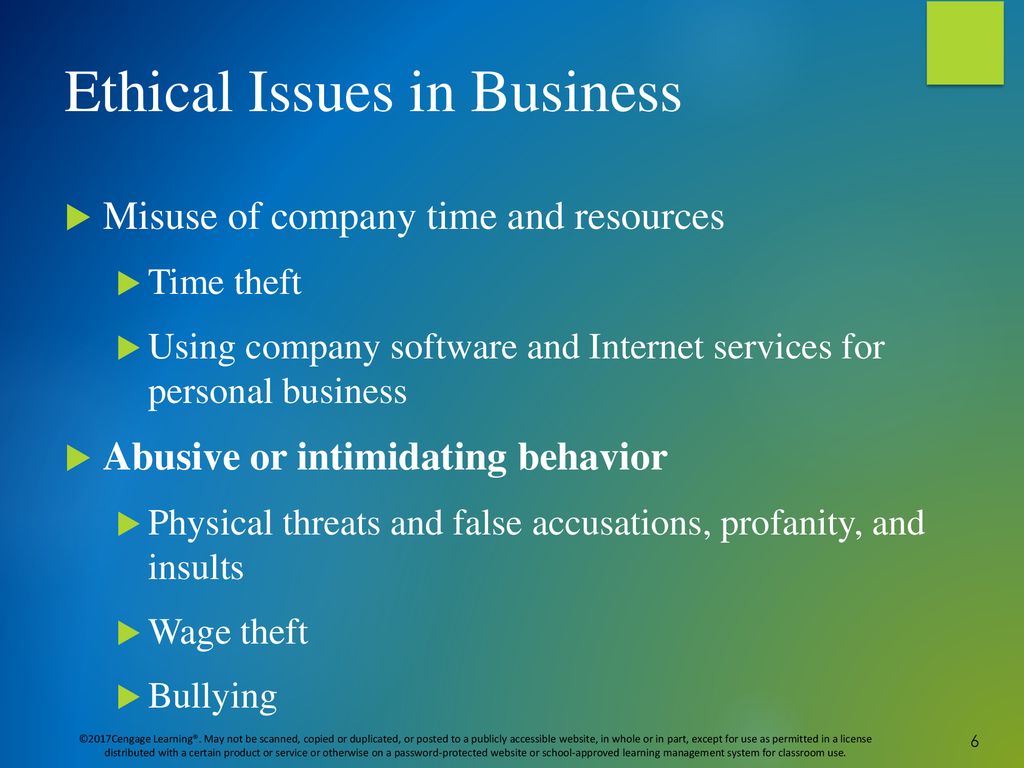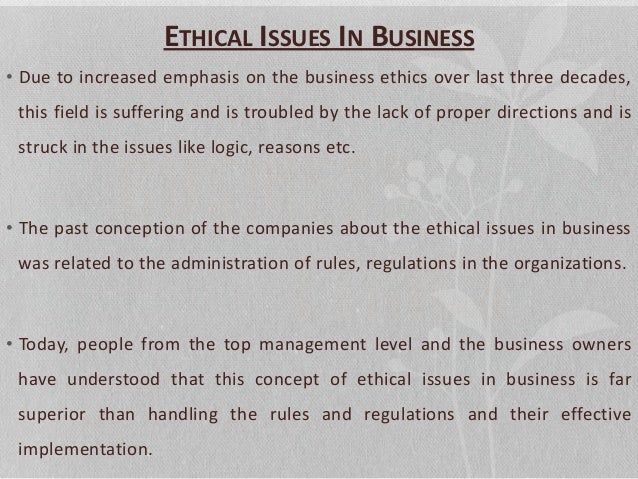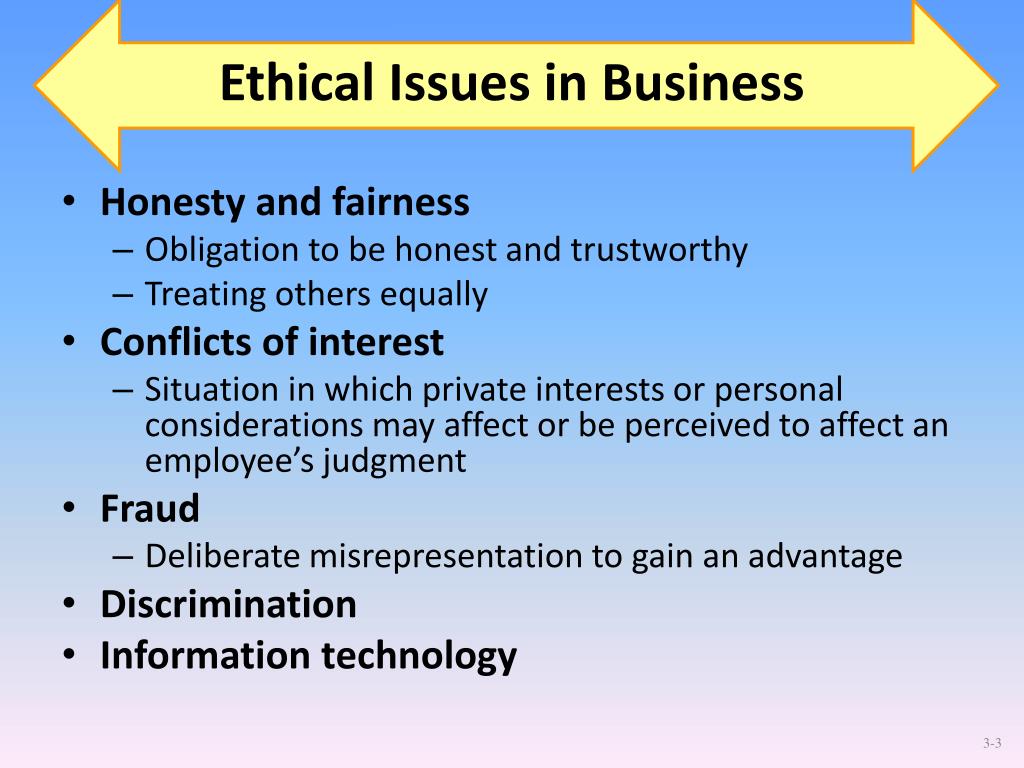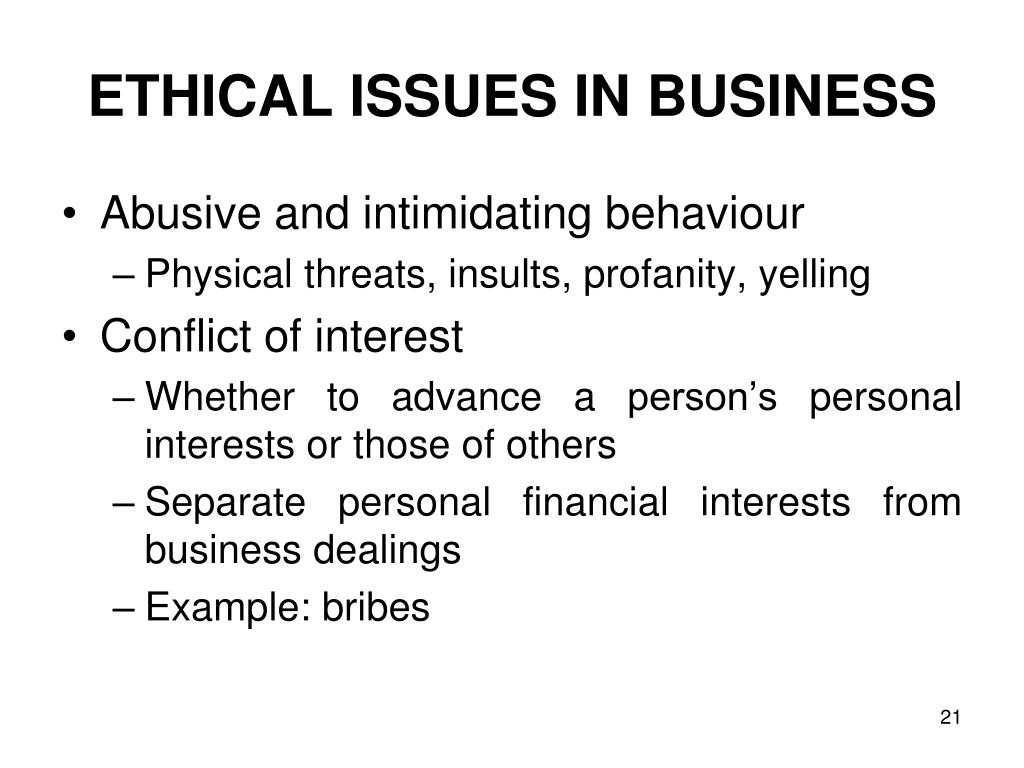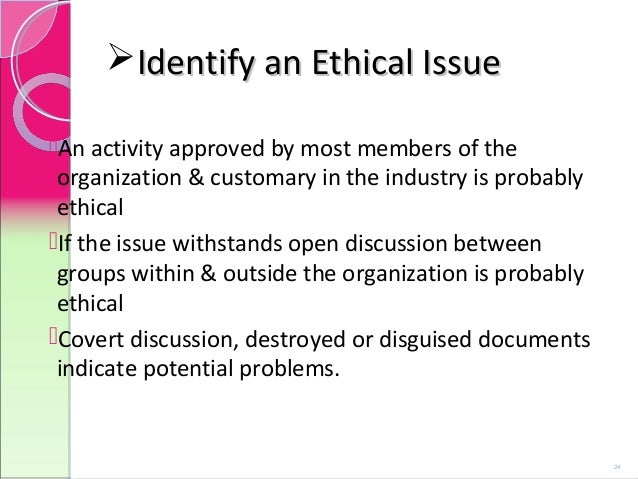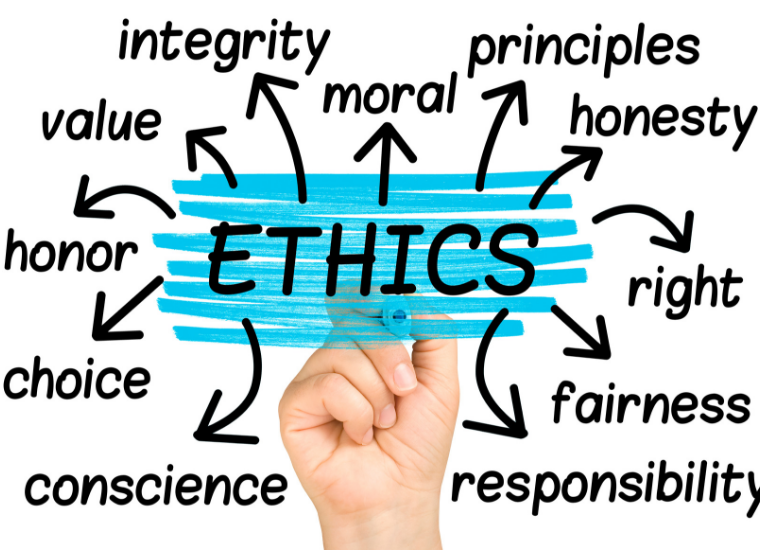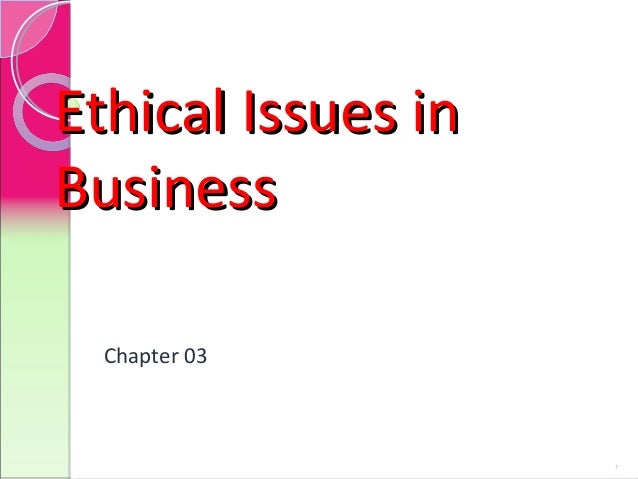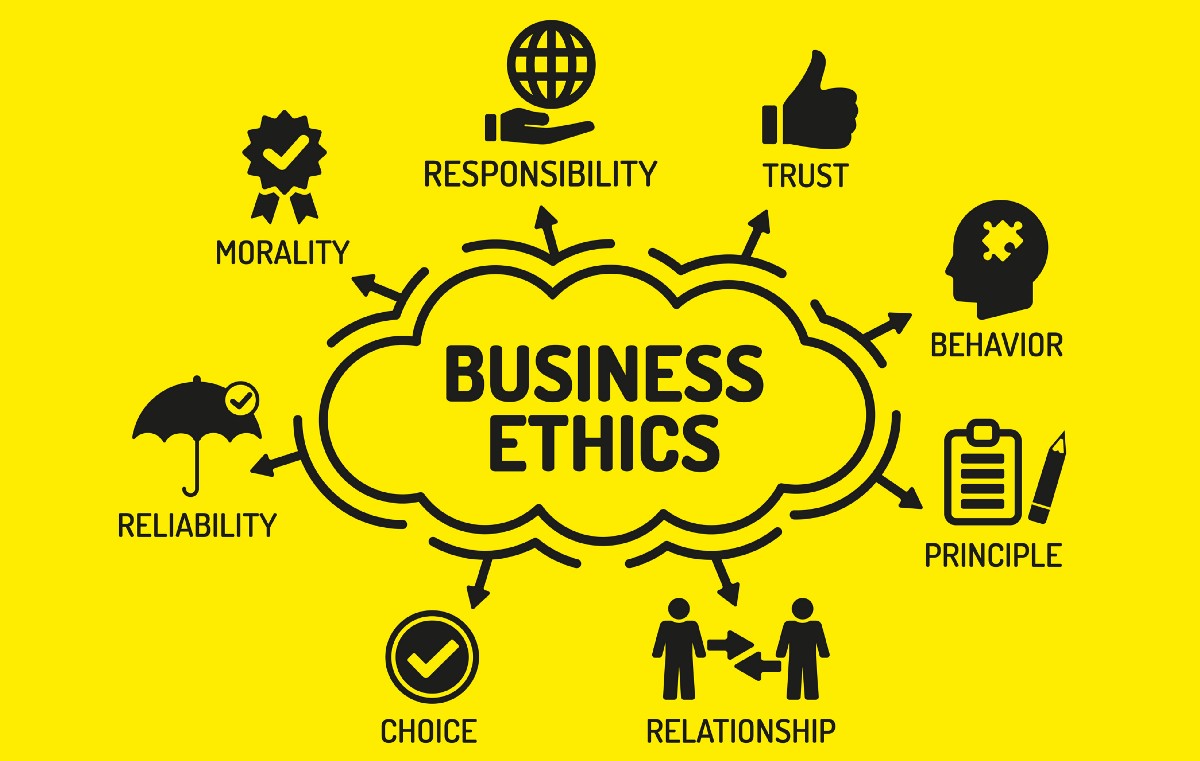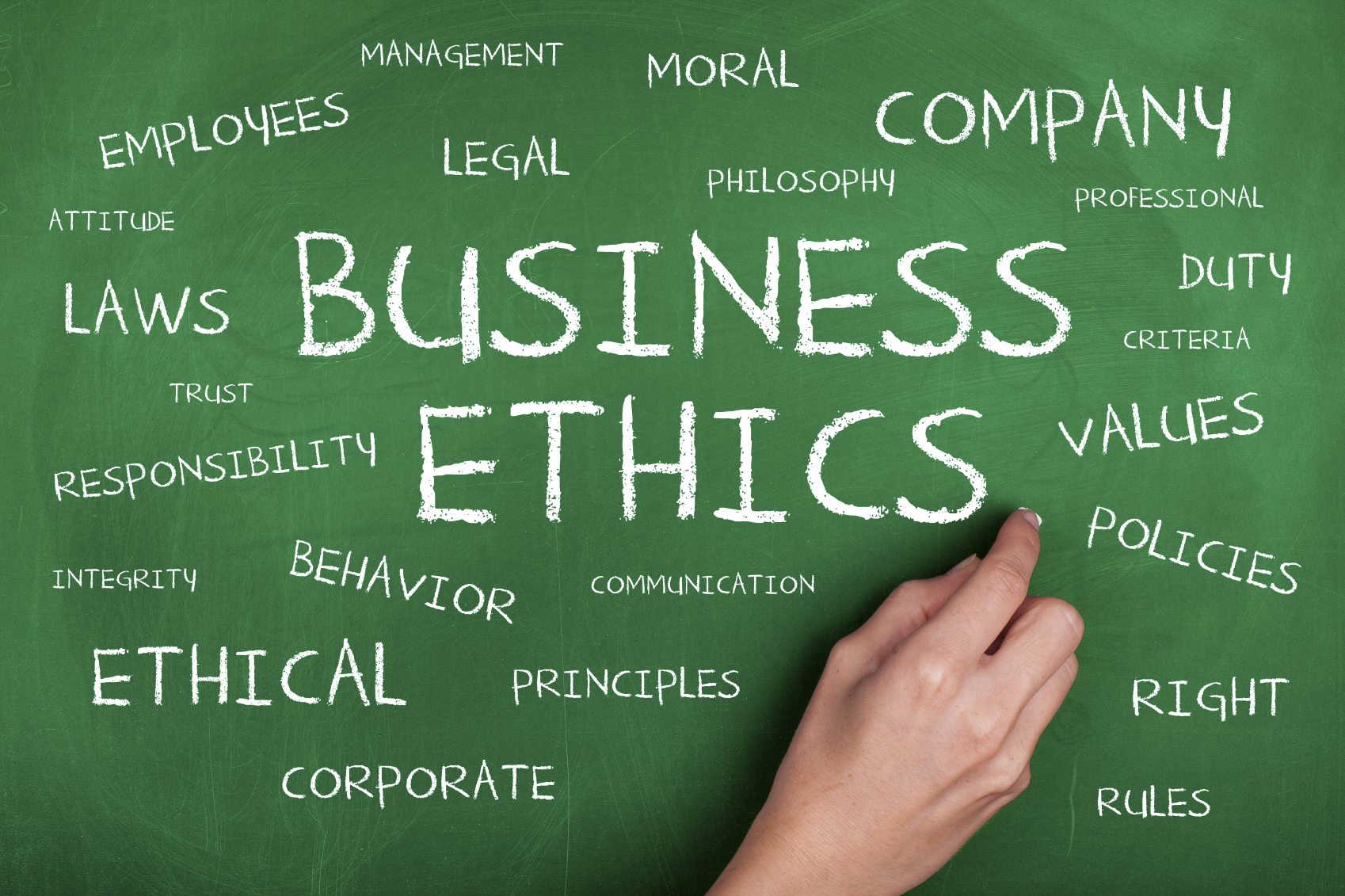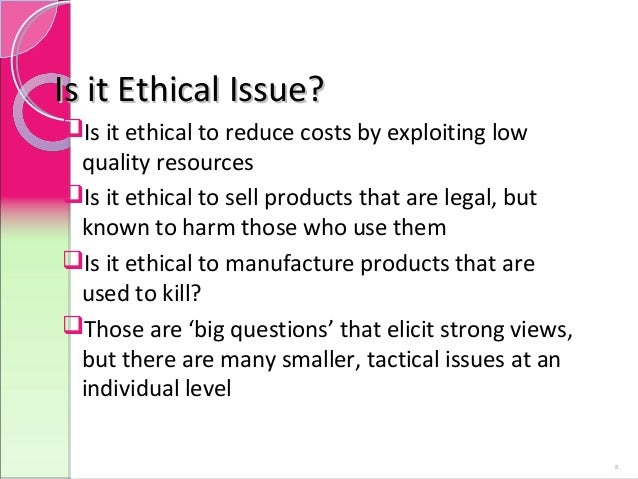What Is An Ethical Issue In Business

Imagine a bustling marketplace, vendors hawking their wares, customers haggling for the best prices. The air is thick with the scent of spices and the sounds of commerce. But beneath the surface of every transaction lies a complex web of decisions, where right and wrong often blur. Are the goods sourced responsibly? Are the workers treated fairly? These questions, and countless others, form the cornerstone of ethical business practices.
At its core, an ethical issue in business arises when a decision, situation, or practice conflicts with a company's or individual's moral principles, societal norms, or applicable laws. This article will explore the landscape of ethical issues in business, highlighting their significance and providing a framework for understanding these challenges.
The Roots of Ethical Considerations
The concept of business ethics isn't new. Throughout history, societies have grappled with questions of fairness, honesty, and responsibility in commerce. However, the rise of globalization, technology, and increasingly complex supply chains has amplified the scope and impact of ethical dilemmas.
Early business practices were often deeply intertwined with personal values and community standards. As businesses grew larger and more impersonal, the need for codified ethical guidelines became increasingly apparent. This led to the development of professional codes of conduct and corporate social responsibility initiatives.
Key Areas of Ethical Concern
Ethical issues in business are multifaceted and can manifest in various areas of operation. Here are some common examples:
Environmental Responsibility: Concerns over pollution, resource depletion, and climate change have put pressure on businesses to adopt sustainable practices. Companies are increasingly expected to minimize their environmental footprint and contribute to a healthier planet.
Fair Labor Practices: This includes ensuring fair wages, safe working conditions, and the right to organize. The International Labour Organization (ILO) plays a crucial role in setting global labor standards.
Consumer Protection: Businesses have a responsibility to provide safe, reliable products and services and to avoid deceptive marketing practices. Regulations such as consumer protection laws are in place to safeguard consumer rights.
Data Privacy and Security: In the digital age, protecting customer data is paramount. Data breaches and privacy violations can erode trust and lead to significant legal and financial repercussions.
Conflicts of Interest: These occur when an individual's personal interests conflict with their professional obligations. Transparency and disclosure are essential for managing conflicts of interest ethically.
Bribery and Corruption: Offering or accepting bribes is illegal and unethical. The OECD Convention on Combating Bribery of Foreign Public Officials in International Business Transactions seeks to curb this practice.
Why Ethical Conduct Matters
The importance of ethical conduct in business extends far beyond simply avoiding legal trouble. Ethical behavior fosters trust, builds strong relationships with stakeholders, and enhances a company's reputation.
Consumers are increasingly demanding that businesses operate ethically. Studies show that many consumers are willing to pay a premium for products and services from companies they perceive as socially responsible. Ignoring ethical considerations can have devastating consequences.
"A company's reputation is its most valuable asset,"as Warren Buffett famously said, and ethical lapses can severely damage that asset.
Navigating Ethical Challenges
Addressing ethical issues requires a proactive and multifaceted approach. Companies need to cultivate a culture of ethical awareness, establish clear ethical guidelines, and provide employees with the training and resources they need to make ethical decisions.
Creating a formal code of ethics is a good starting point. However, it's equally important to foster an environment where employees feel comfortable raising concerns and reporting unethical behavior without fear of retaliation. Whistleblower protection laws are crucial for encouraging transparency.
Ethical decision-making frameworks can provide a structured approach to resolving dilemmas. These frameworks often involve identifying the stakeholders involved, considering the potential consequences of different actions, and applying ethical principles to guide the decision.
The Ongoing Evolution of Business Ethics
The landscape of business ethics is constantly evolving. New challenges and opportunities arise with technological advancements, shifting societal values, and emerging global issues. Staying informed and adaptable is essential for maintaining ethical standards.
Looking ahead, businesses will need to proactively address emerging ethical issues such as the ethical implications of artificial intelligence, the responsible use of big data, and the need for greater transparency in supply chains.
Ultimately, business ethics is not just about compliance with rules and regulations; it is about building a more just and sustainable world. By embracing ethical principles, businesses can create value for themselves, their stakeholders, and society as a whole.
